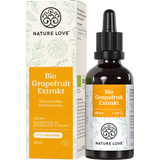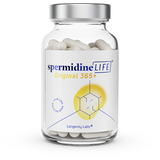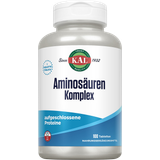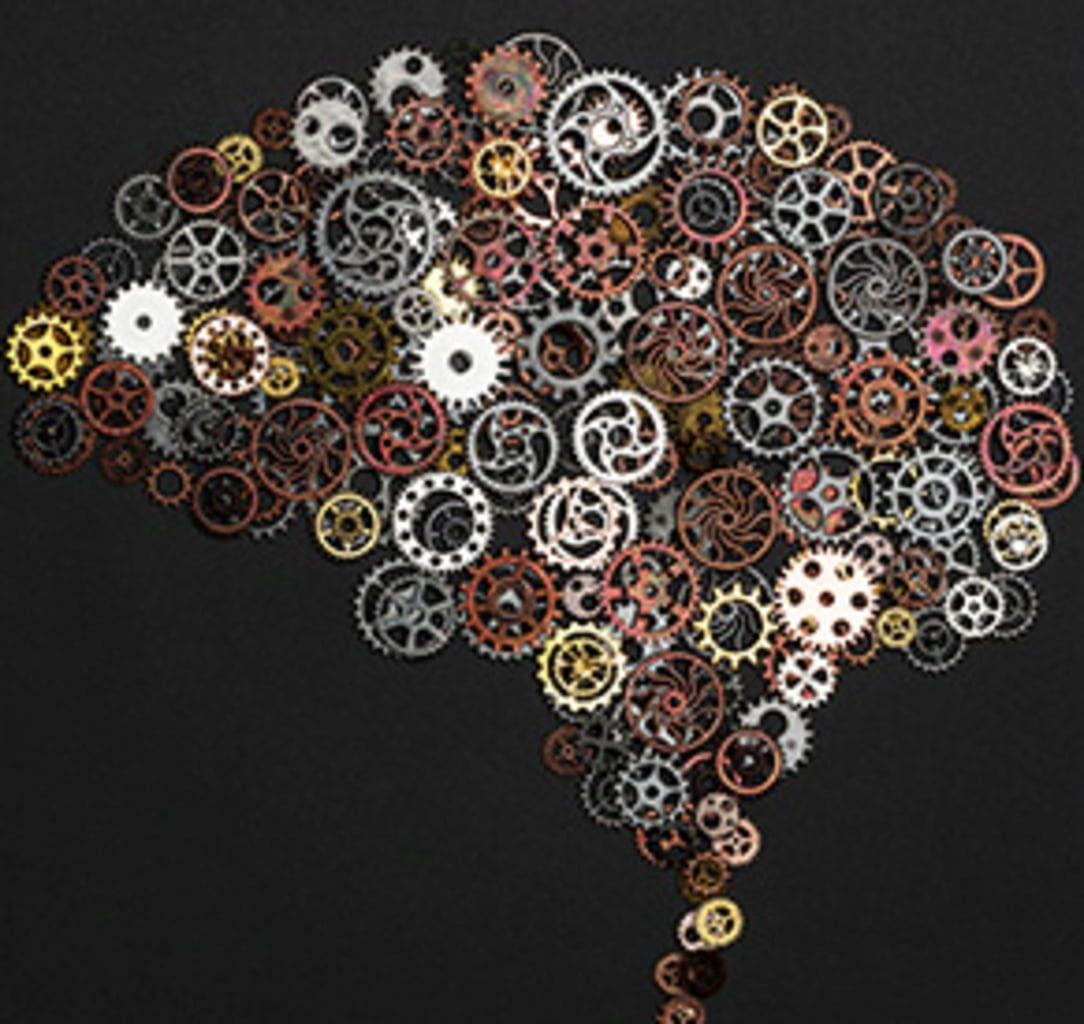A Healthy Brain - A Question of Habits
If you wish for a healthy brain, you quickly find yourself on the topic of habits. After all, it is the things you do regularly that will make the difference between a healthy brain and dementia in old age.
Everyone wants to live an active, vibrant life for as long as possible. And that goal depends on robust brain health. Although there is no guaranteed way to prevent dementia, there is growing evidence that a healthy lifestyle can help immensely in at least delaying the disease.
A study from Finland, for example, found that older adults who had a number of healthy habits - including regular exercise, good social contacts and a healthy diet - could at least maintain or even improve their thinking skills, reducing the risk of cognitive decline.
Especially when it comes to staying mentally fit in old age, habits play a crucial role. The longer you practise good habits, the greater the positive effect.
Let's take a look at a few things you should get into the habit of if you want to stay mentally fit in old age.
Exercise
One of the best ways to protect your thinking abilities is to exercise. Here, aerobic exercise in particular helps to improve the health of brain tissue. This type of exercise increases blood flow to the brain and reduces the risk of brain damage from cholesterol deposits in the blood vessels. It also reduces high blood pressure.
Exercise also stimulates the brain to release Brain-Derived Neurotrophic Factor (BDNF), a molecule that is important for repairing brain cells and creating connections between them. Some studies suggest that people who are more physically active have higher levels of BDNF, which has been linked to a lower risk of dementia.
So how much exercise should you do to see the positive effects on your brain? At least 150 minutes per week of moderate-intensity exercise, such as brisk walking, is recommended.
Healthy Diet
The best diet for the brain is the one that is also good for the heart and blood vessels. This means plenty of fruit, vegetables and wholemeal products, protein from fish and pulses, and lots of healthy unsaturated fats (olive oil, rapeseed oil) or few saturated fats (butter).
Foods associated with slowing cognitive decline include fish with omega-3 fatty acids (salmon, mackerel), strawberries and blueberries, and dark leafy vegetables (kale, spinach, broccoli).
Sleep
Often overlooked, but essential for a healthy brain, is adequate and good sleep. This needs to be emphasised in this day and age, where sleep is often experienced by ambitious people as a chore that should be reduced as much as possible.
So allow yourself more sleep. People who sleep less than seven hours a night have a higher risk of dementia. During sleep, the brain clears out waste products, including excess amyloid protein, which contributes to the development of Alzheimer's.
Stress Management
Find ways to effectively manage stress. Stress stimulates the release of the hormone cortisol, which is helpful in small amounts. However, high cortisol levels in the long term lead to excessive plaque in the blood vessels, reduced oxygen supply to the brain and even brain damage can occur.
Quit Smoking
Most people now know that smoking is harmful. Quitting lowers the risk of blood vessel disease and brain damage and there are many other health benefits.
Blood Pressure & Cholesterol
Many diseases of affluence today increase the risk of developing dementia in old age. These include, above all, high blood pressure and high cholesterol. Both impair blood flow to the brain.
But people with depression or hearing loss also have a higher risk of developing dementia.
Mentally Stimulating Activities
Mentally stimulating activities ensure that new connections are made in the brain and that additional backup circuits are also formed. Then, if damage occurs, you still have a backup to help you think.
This backup is called cognitive reserve and is associated with lower rates of dementia and better thinking skills in older adults. The best way to build up your cognitive reserves is to learn something new, like a language, a new dance or cooking recipes.
Socialising
Socialising also has important benefits for the brain. People who report being in the company of others regularly and having more emotional support have a lower risk of dementia and stroke and higher BDNF levels.
Conclusion: Combine!
The more of the above you combine, the better it is for the brain. For example, you can attend a dance class with a group of friends. The effect is greater than if you only met for a more sedate activity.
We hope you have fun establishing the habits today that will give you a healthy brain in old age. After all, fun should not be neglected.
Latest reviews
-
 4.6 (7)
4.6 (7)Nature Love Organic Grapefruit Extract, 50 ml
- Gentle cold extraction
- Made from grapefruit seeds & peels
- One bottle lasts for 3 weeks
€ 16,49 (€ 329,80 / l)Delivery by May 07
-
 4.3 (3)
4.3 (3)Ketofabrik Chocolate Coconut Bar, 1 bar
- 1g sugar per bar
- Reduced sugar alternative
- 3.6g net carbs per bar
€ 1,59Not available at the moment
-
 4.7 (11)
4.7 (11)Longevity Labs spermidineLIFE® Original 365+, 60 capsules
- Approved EU wide as a novel food
- From Austria
- No artificial dyes or flavours
€ 69,49Delivery by April 17
-
 € 39,99 (€ 285,64 / kg)
€ 39,99 (€ 285,64 / kg)Delivery by April 17

